Hundreds of California police officers are relocating to Texas, driven by what they describe as frustrating local policies.
The Daily Mail reports that these officers claim California’s “soft-on-crime” policies have made their work feel ‘pointless’ and compromised their safety.
Criticism of State Policies
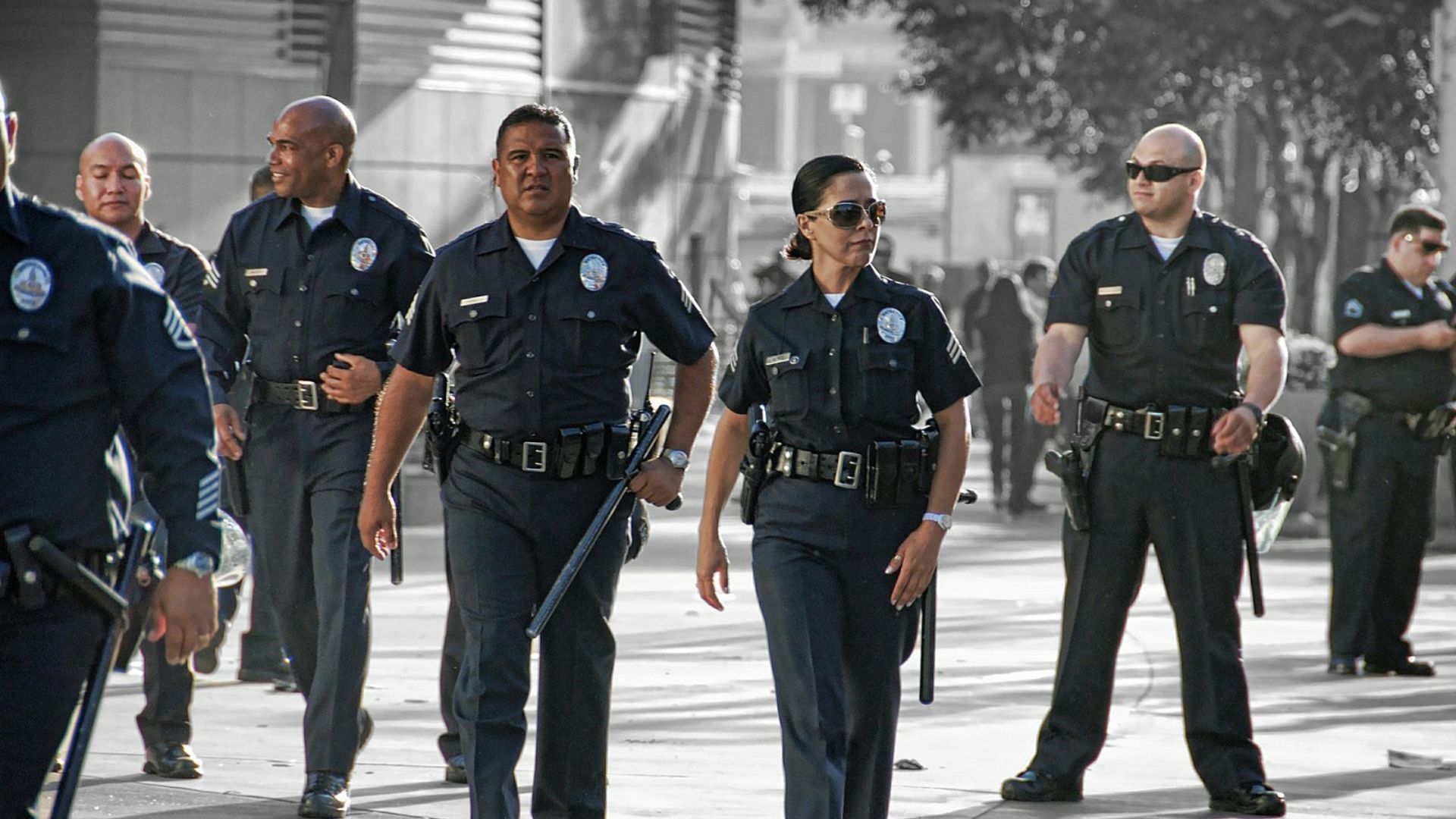
California’s police officers, from regular patrol members to department chiefs, have openly criticized state policies.
They argue that a series of ‘anti-law enforcement’ legislations have made effective policing impossible, prompting them to find employment in states like Texas, where policies are viewed as more supportive of law enforcement work.
From California to Texas: A Detective’s Story

Evan Leona, a former detective in Fresno, California, now works for the Denton Police in Texas.
He said, “I had met more than a hundred officers in the Dallas/Fort Worth area who had fled California.” His move in 2022 was influenced by what he perceived as a more functional justice system in Texas.
Broader Horizons

While Texas remains a prime destination, officers are also moving to states like Montana and Arizona.
These states are attracting California officers who seek environments where they believe the law is upheld more rigorously and their roles are more respected and effective.
The Exodus Impact
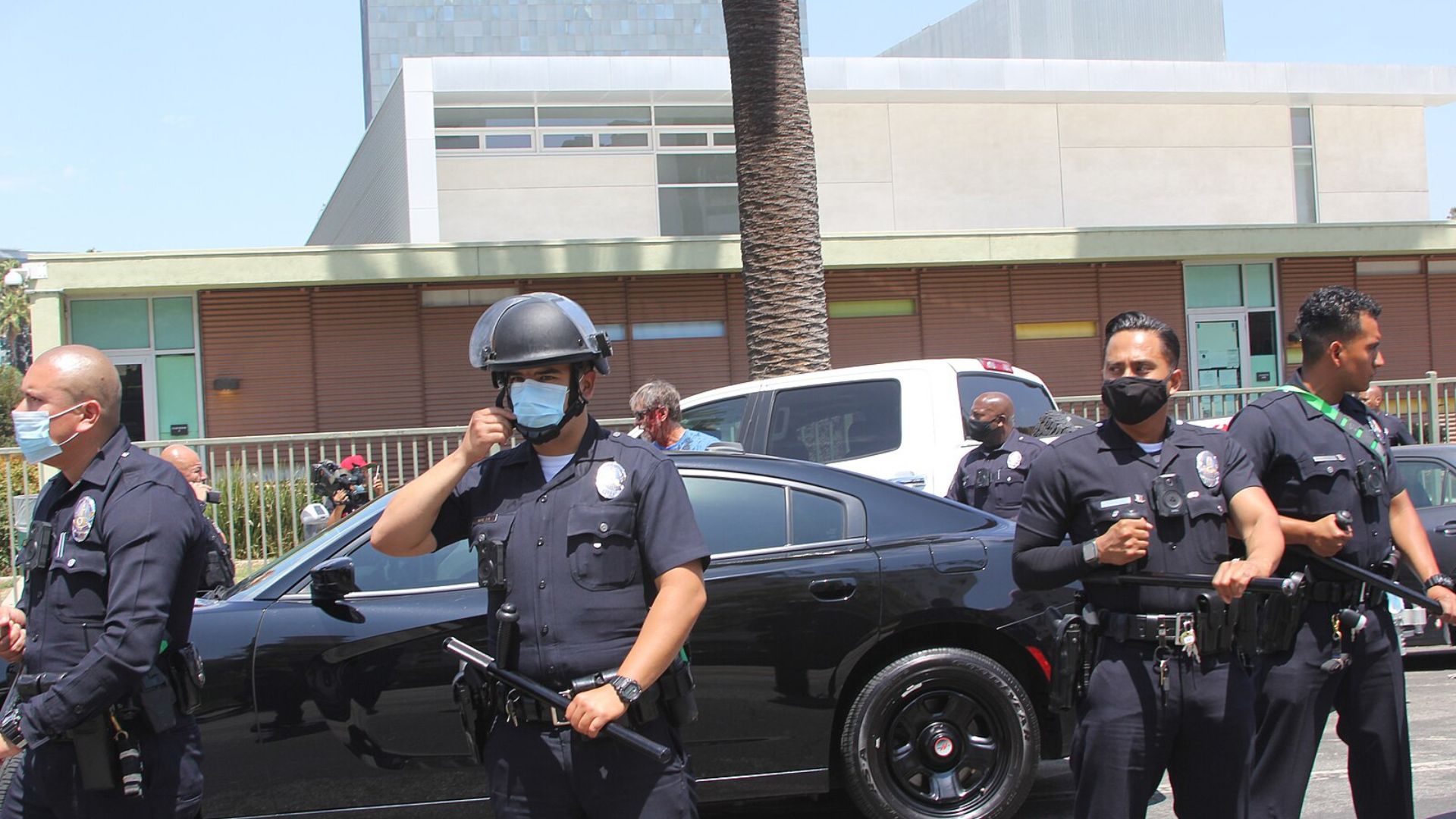
Since 2019, over 5,000 police officers have left California.
This outflow is particularly felt in high-crime urban areas, raising concerns about a significant loss of experienced law enforcement personnel and the potential effects on public safety.
Recruitment Challenges
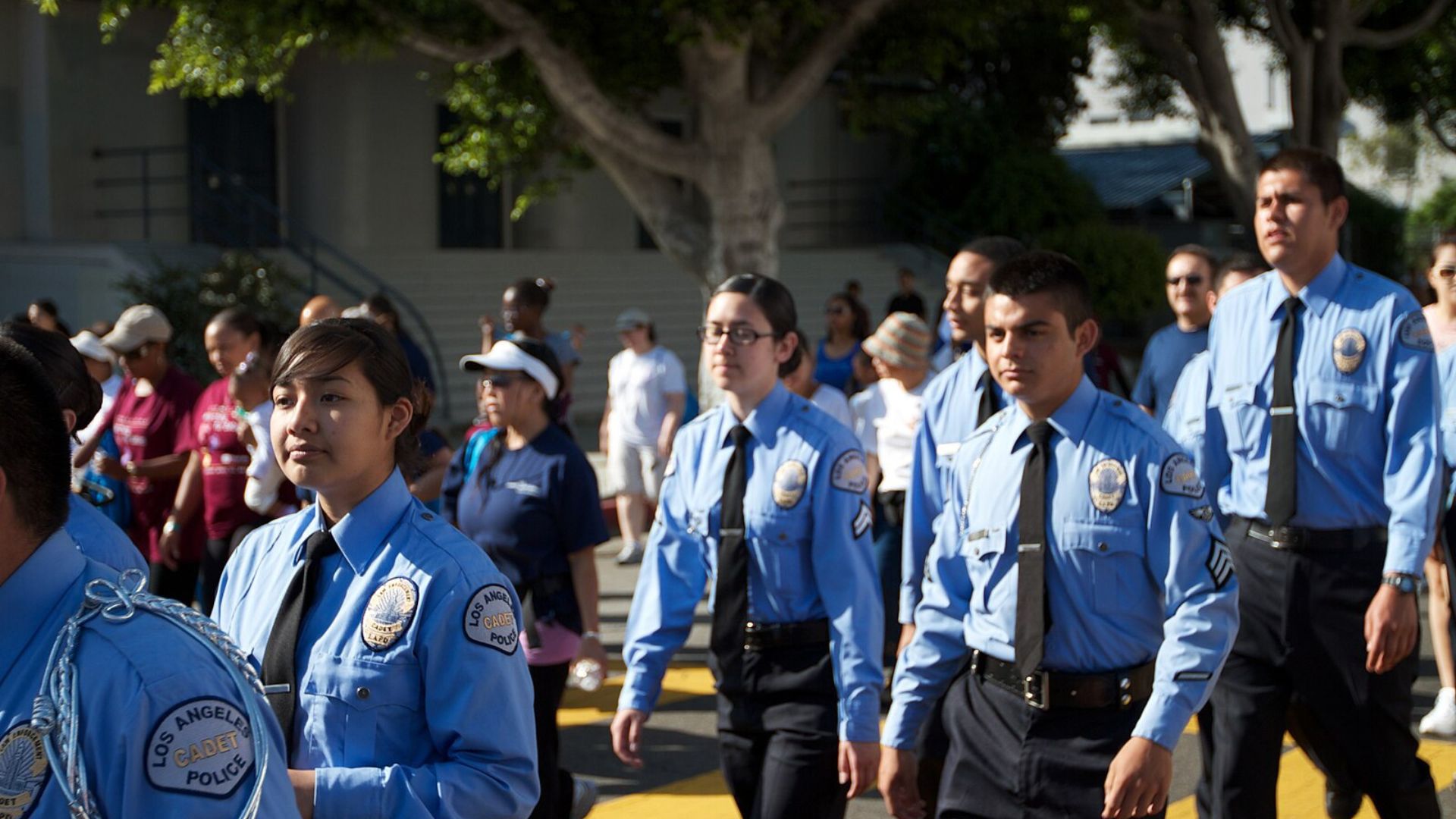
Former Santa Monica College Police Captain Ray Bottenfield highlighted the difficulties in retaining police officers in California.
He emphasized the challenges posed by an unsupportive state, worsening living conditions, and complex political dynamics, all of which contribute to low morale and high turnover.
Legislative Impact
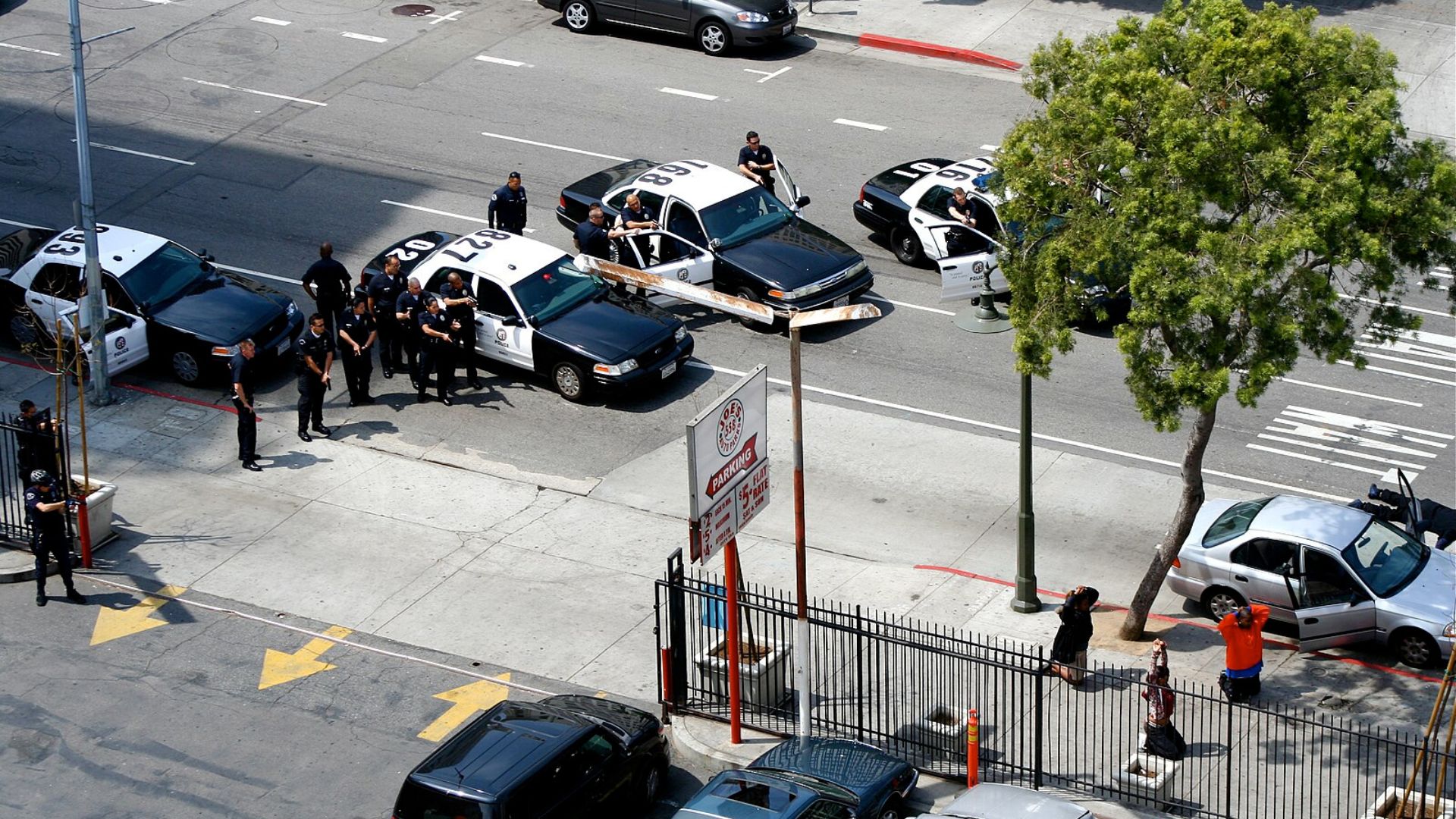
Officers like Gina Miller point to Proposition 47 and 57 as problematic, claiming these laws have turned prisons into “revolving doors” and endangered public safety.
These propositions, aimed at reducing prison overcrowding, are criticized for their unintended consequences on community safety and police effectiveness.
Proposition 57’s Controversies
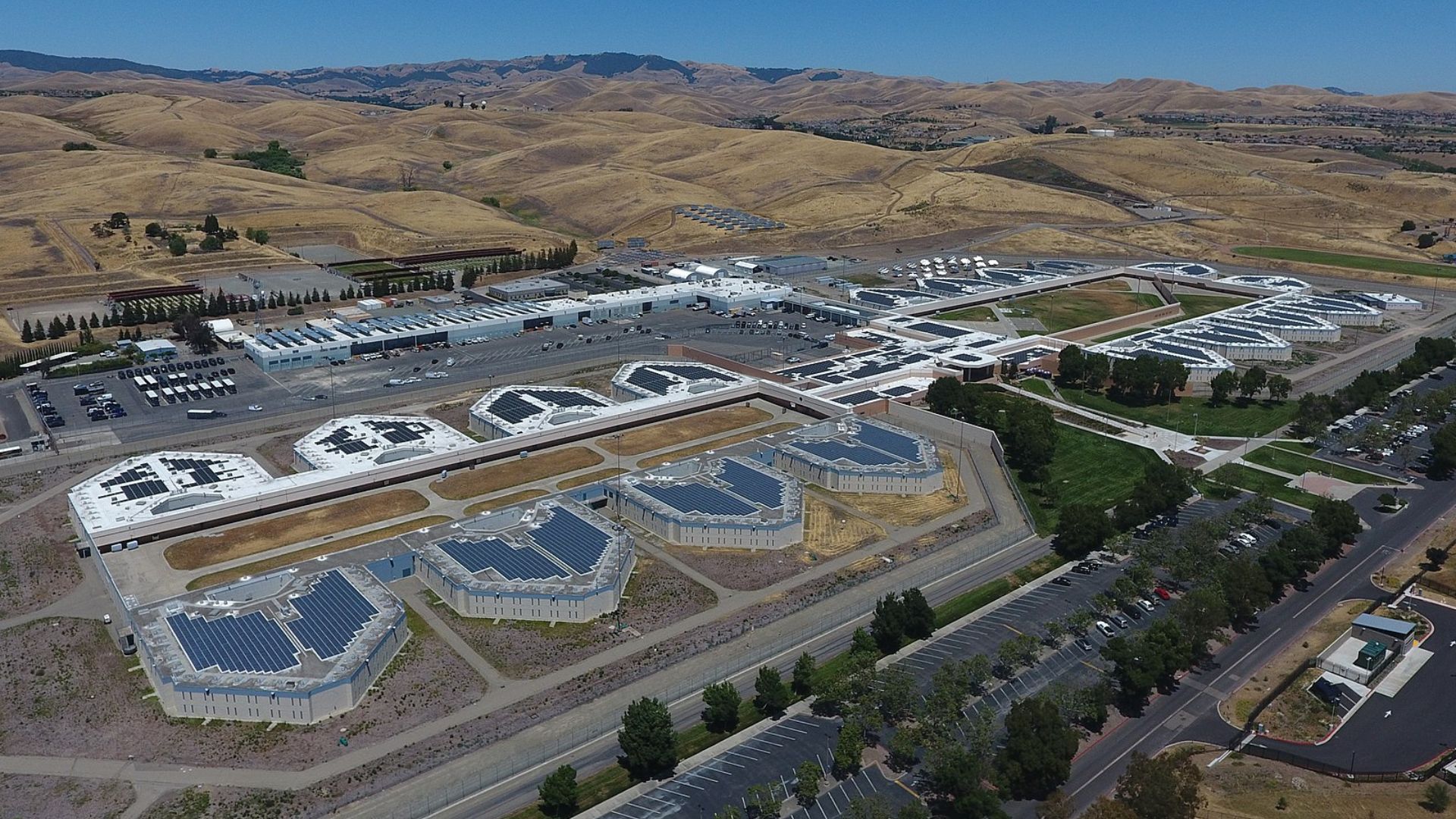
Proposition 57, which allowed for the early parole of certain prisoners, is criticized for excluding serious offenses like domestic violence and assault with a deadly weapon from its list of violent crimes.
This law came under scrutiny especially after an early-released prisoner was involved in a major criminal case.
The Frustration of Quick Releases
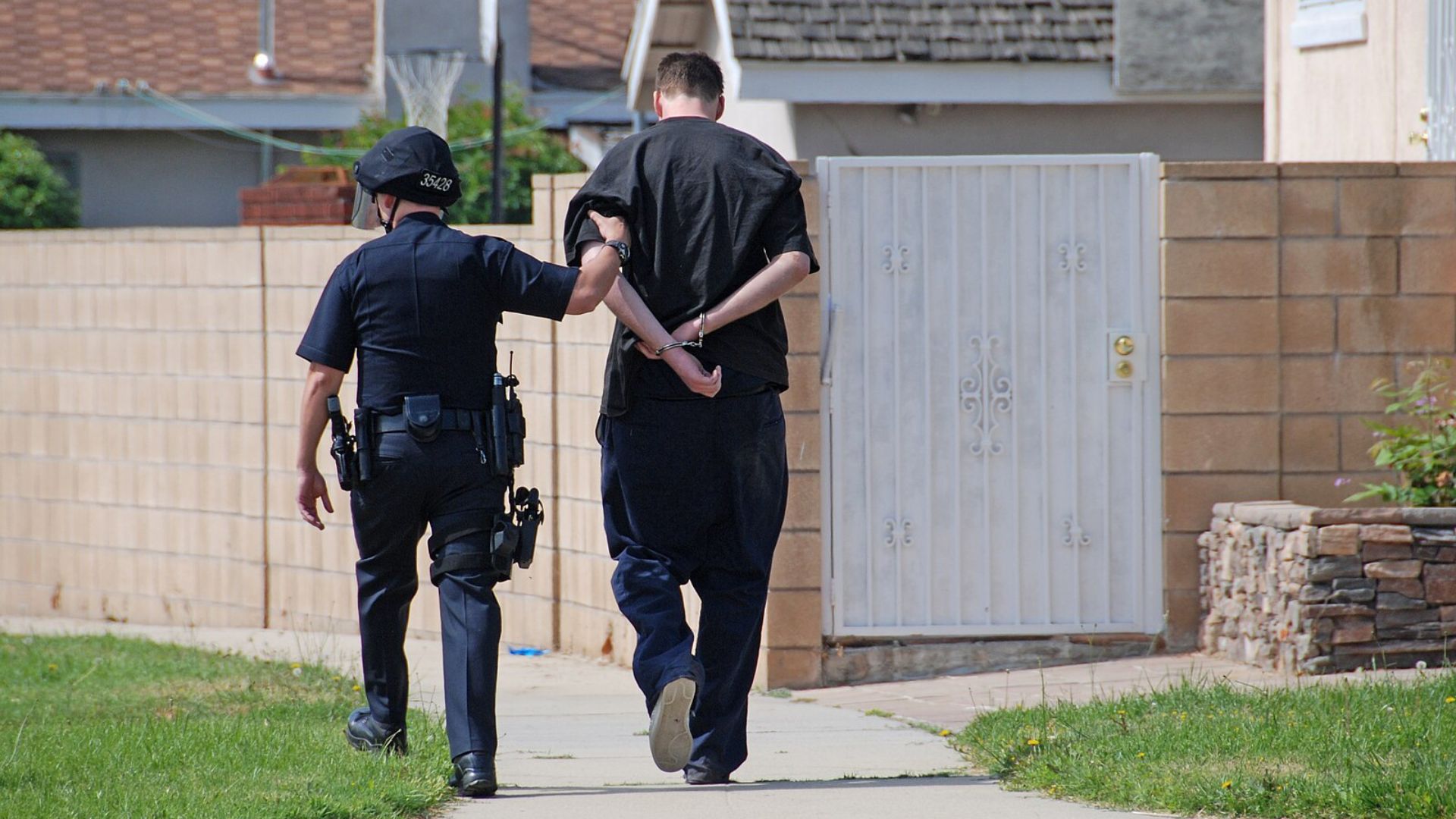
Gina Miller shared a disturbing incident: after arresting a man for threatening his wife with a gun, he was released the same day.
“It was heartbreaking to be telling this victim, ‘I know your husband just tried to kill you, but he’s already out of jail, so just call us if he comes back,'” she recounted.
Personal Risks in Law Enforcement
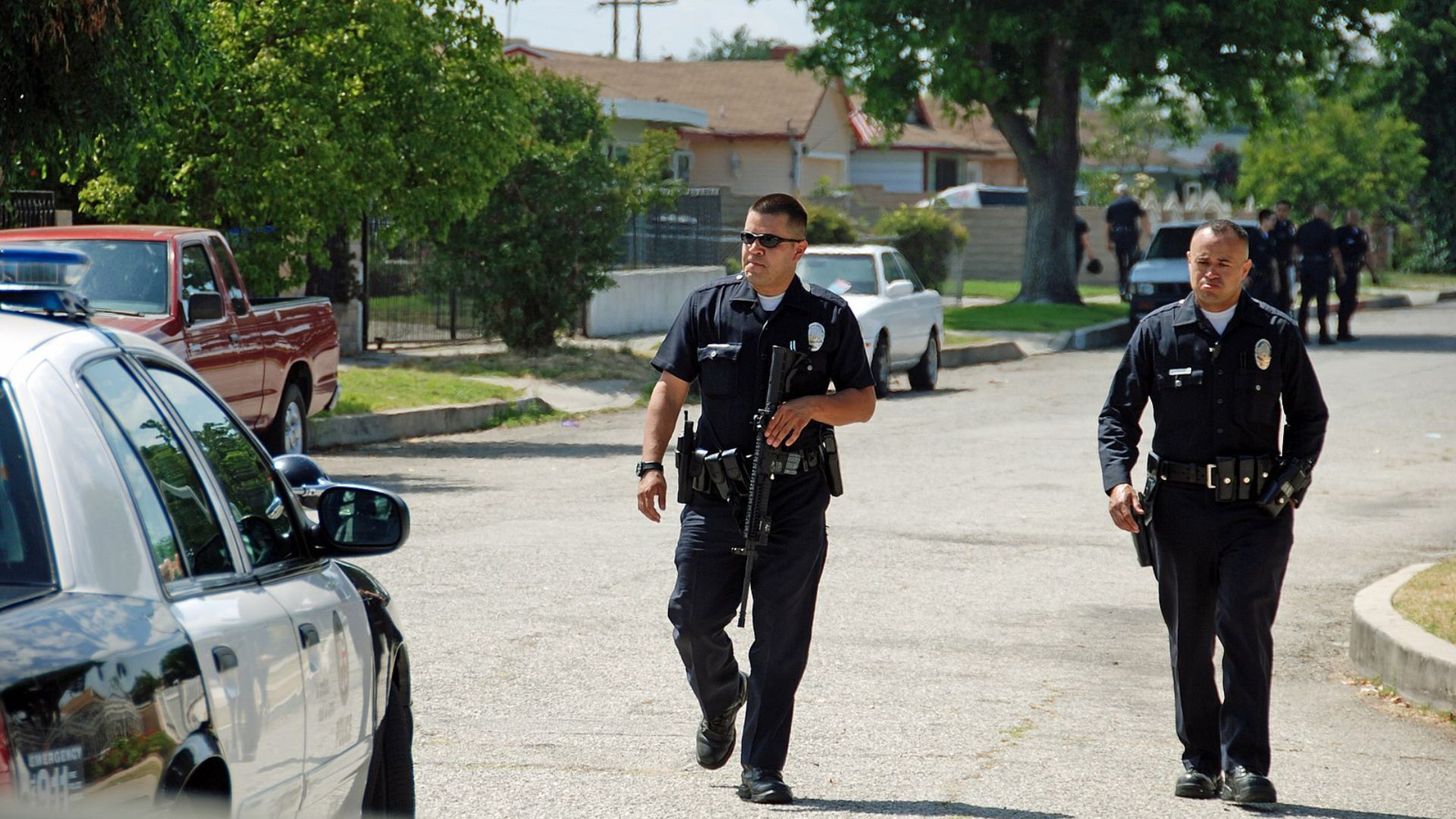
Leona’s tenure in California was marked by violence, including a serious assault that left him hospitalized.
He recounted a confrontation where “at one point, he hit me over the head with a board,” illustrating the physical dangers law enforcement officers face daily.
Better Prospects in Texas
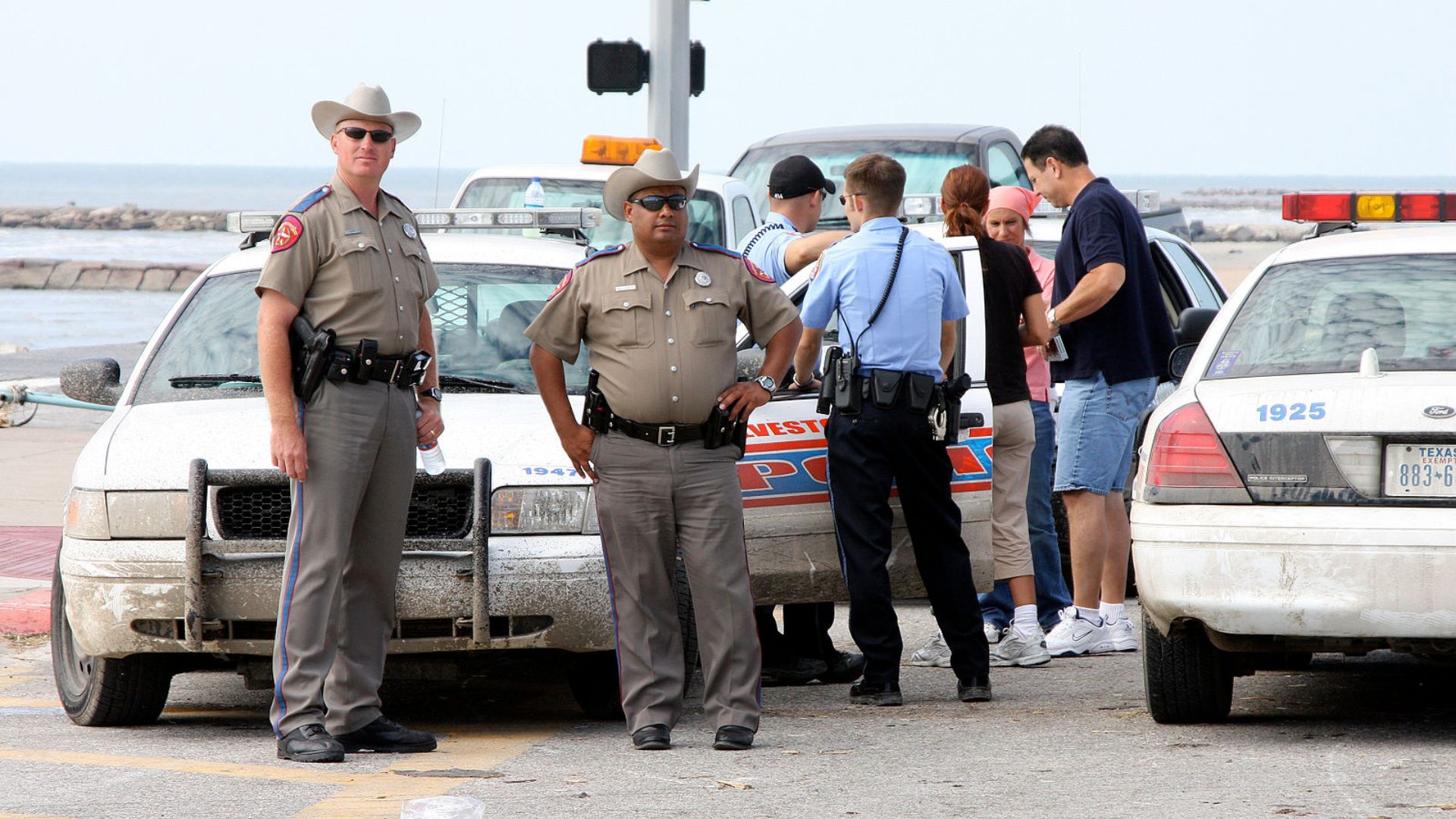
Despite taking a pay cut, Miller finds Texas more rewarding both financially and professionally.
She appreciates the effectiveness of the Texas judicial system, saying, “If I take someone to jail they’re actually going to stay in jail until they see a judge.”
The Ongoing Exodus
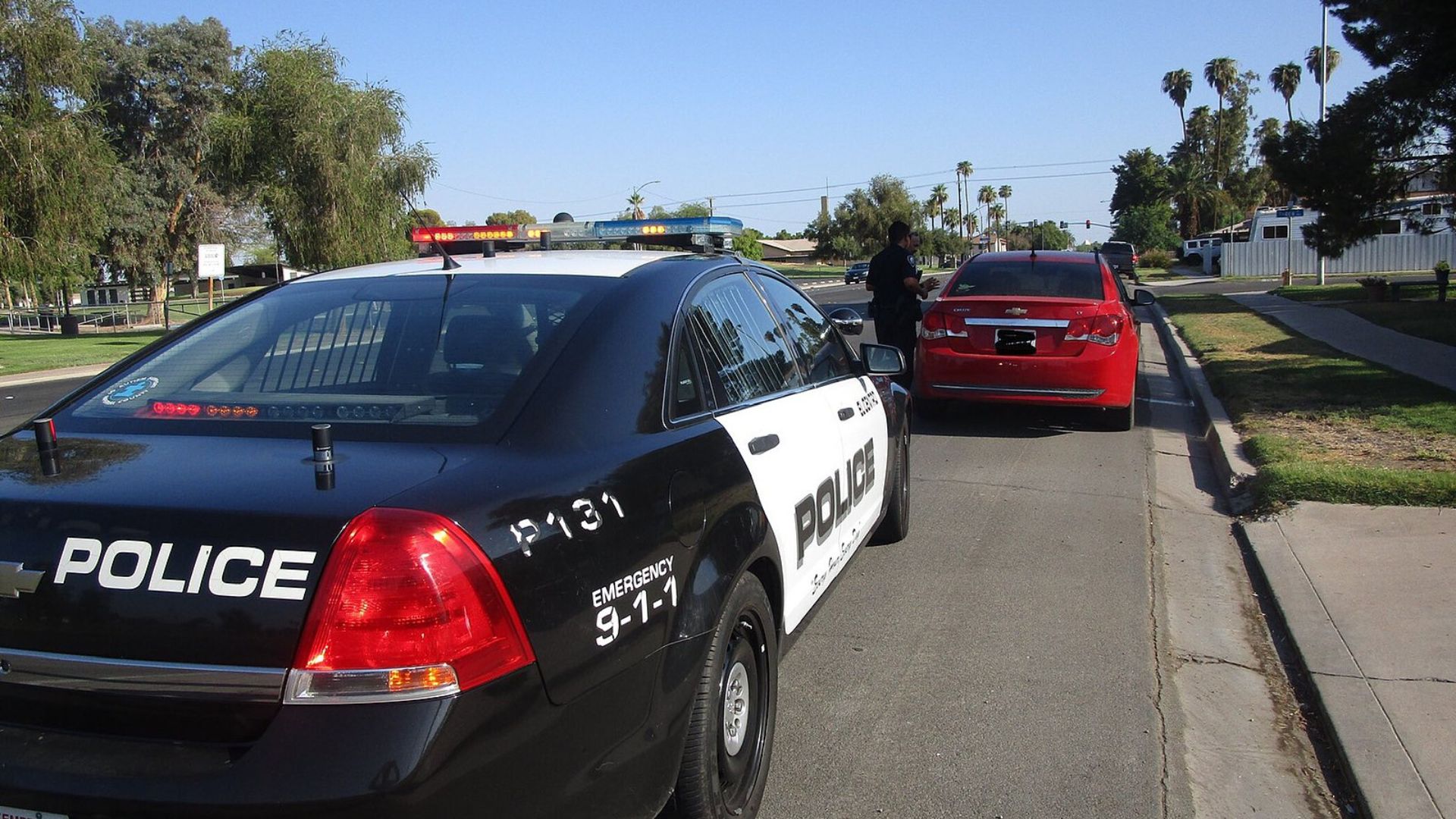
The departure of law enforcement officers from California continues, as dissatisfaction with state policies persists.
This trend poses significant challenges for California’s public safety infrastructure and highlights the differing approaches to law enforcement across states. As officers like Leona and Miller adapt to new environments, the impact of their departure continues to unfold.
